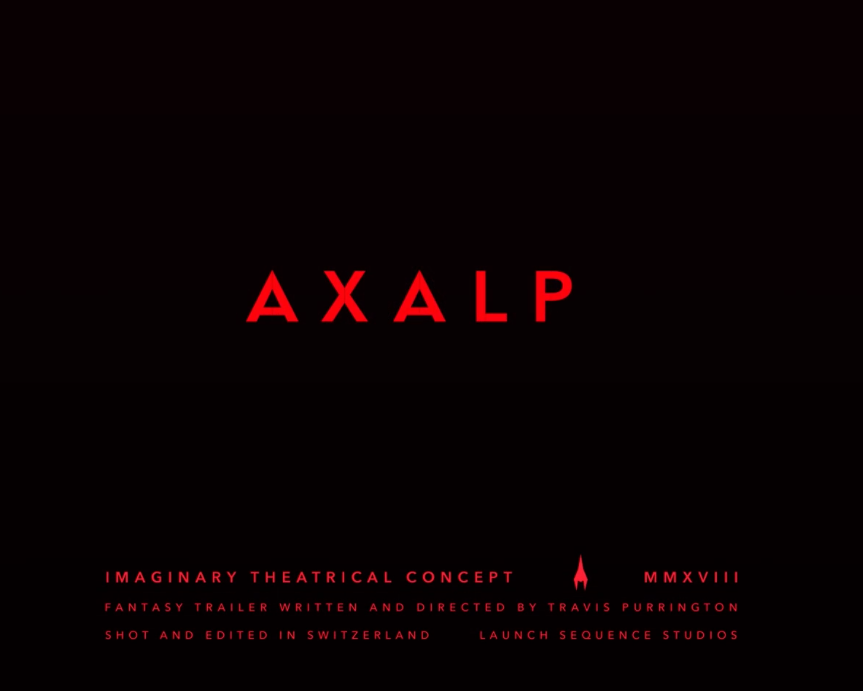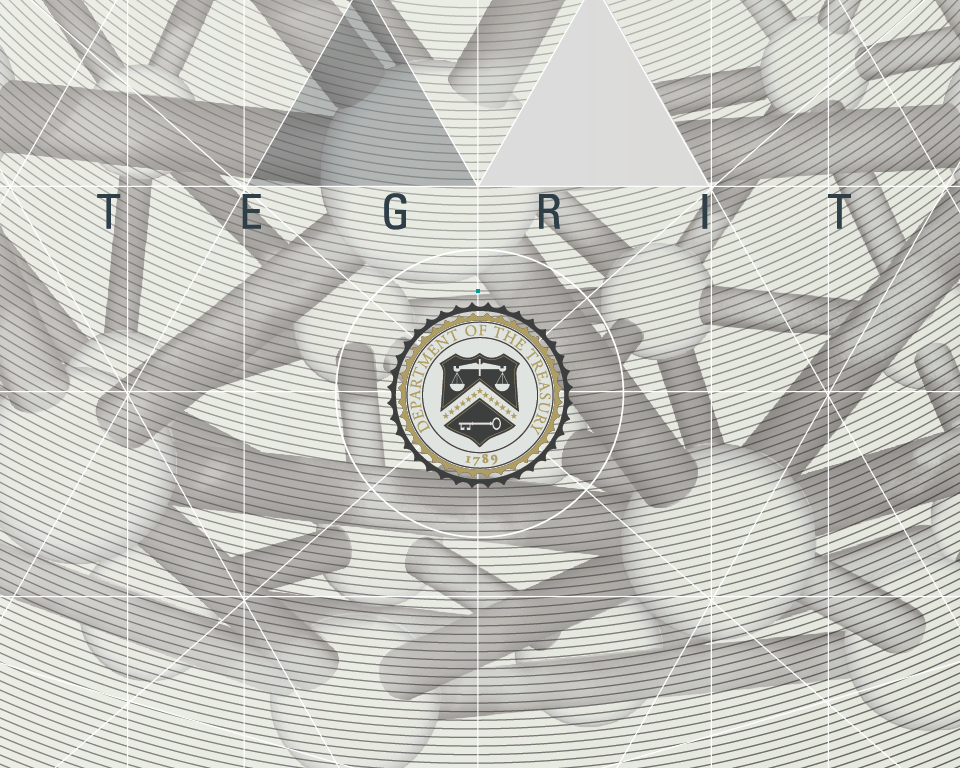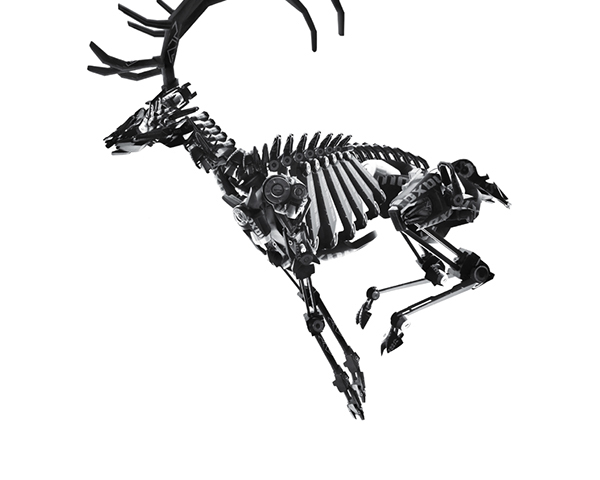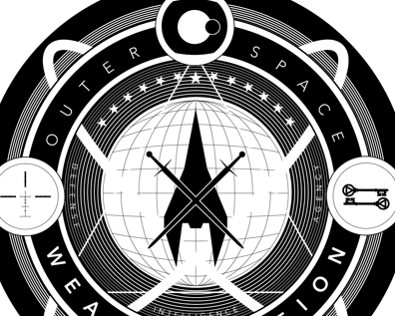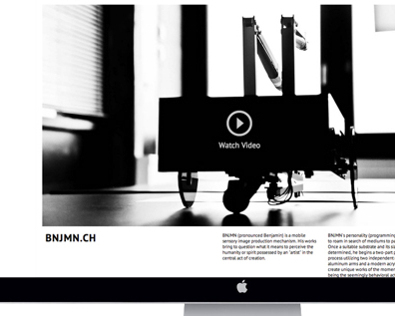Details:
£5: Cloning and Stem Cell research. Cloning by somatic cell nuclear transfer was first successful in 1996 by a British team of scientists lead by Ian Wilmut and Keith Campbell at the Roislin Institute in Edinburgh, Scotland. (center: close up / bottom left: process diagram)
£10: Graphene. The crystalline allotrope of carbon was first produced in 2003 by Andre Geim and Konstantin Novosolev (not British scientists). They realised their work with British gov funds at the University of Manchester and won the Nobel Prize in Physics in 2010. Manchester now has the National Graphene Institute, focused on being the pre-eminent Graphene research center. Sir Colins Brodie was an early pioneer in what would become graphene research and his coat of arms is displayed. (center: close up process / bottom left: molecular diagram)
£20: The Internet. The World Wide Web was the invention of Sir Timothy John “Tim” Berners-Lee. In 1989, the English computer scientist made his revolutionary breakthroughs proposing an information management system (called and achieving connection between a client and server, via the internet. he developed his ideas at CERN, Switzerland based on the "Enquire" software program written by himself in 1980 that was in-turn based on a book called "Enquire Within Upon Everything" Published in London. (center: abstract representation of big data + CERN punchcard / bottom left: basic system diagram)
£50: The British Space Program. Few people know of the success of the British Satellite program. including Aerial-1, the first UK satellite launched in 1962 or Prospero in 1971 which was (and remains) the first (and only) British satellite to have been launched successfully by a British rocket. The coming Twinkle Satellite built by SSTL, based in Guildford, Surrey (depiction shown in the center of the £50) will help discover and photograph exoplanets, and the Sabre Engine system (slated for completion in 2022) is being developed by Reaction Engines Limited. (REL) a British aerospace manufacturer based in Oxfordshire. Sabre will be the first single stage to orbit propulsion system. Allowing a jet like take off for orbital flight. All of these British Space feats. (center: SABRE propulsion system concept + Twinkle satellite schematic + reference to former satellite programs / bottom left: diagram of satellite photoprocess for exoplanets)


